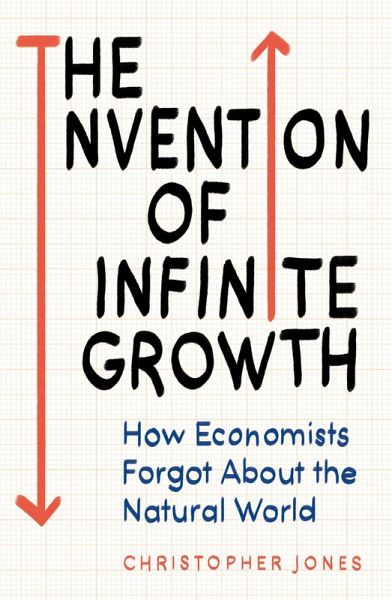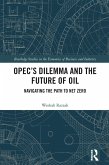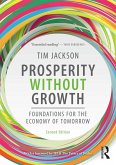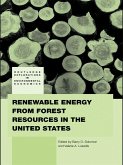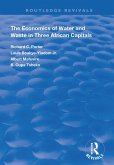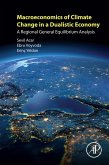For decades now, mainstream economics has lost contact with reality.
As early as 1974, the great Robert Solow made the outlandish claim that 'the world can, in effect, get along without natural resources'. The important thing, they said, was growth. Growth would fix everything. Meanwhile, scientists were busy confirming the direct link between increasing economic activity and ecological upheaval.
It didn't have to happen this way. Over the past century, economists have created a number of powerful ways to examine and predict the world, and they did not always consider the environment outside the scope of their inquiry. In fact, in 1931 Harold Hotelling published a vitally important article which might have changed history if only anyone had understood it.
Through the long battle to put a number on our world, Jones examines the series of choices made by the dismal science over the last two centuries, and lights the path for the new economic ideas we will need as we step into the Anthropocene.
As early as 1974, the great Robert Solow made the outlandish claim that 'the world can, in effect, get along without natural resources'. The important thing, they said, was growth. Growth would fix everything. Meanwhile, scientists were busy confirming the direct link between increasing economic activity and ecological upheaval.
It didn't have to happen this way. Over the past century, economists have created a number of powerful ways to examine and predict the world, and they did not always consider the environment outside the scope of their inquiry. In fact, in 1931 Harold Hotelling published a vitally important article which might have changed history if only anyone had understood it.
Through the long battle to put a number on our world, Jones examines the series of choices made by the dismal science over the last two centuries, and lights the path for the new economic ideas we will need as we step into the Anthropocene.
Dieser Download kann aus rechtlichen Gründen nur mit Rechnungsadresse in A, B, BG, CY, CZ, D, DK, EW, E, FIN, F, GR, HR, H, I, LT, L, LR, M, NL, PL, P, R, S, SLO, SK ausgeliefert werden.

